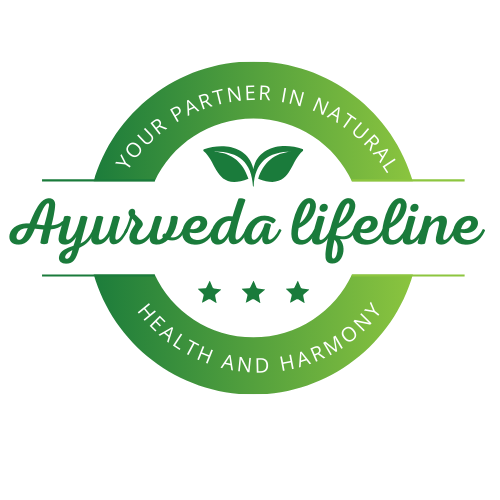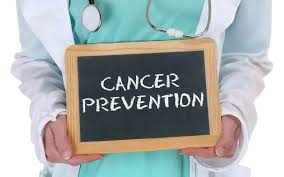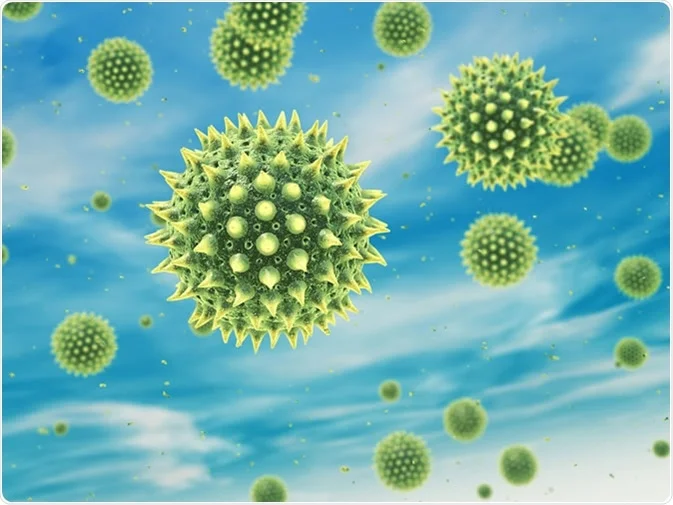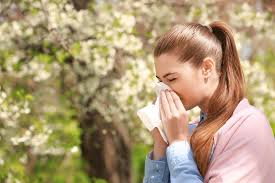Carcinogens are substances that can cause cancer by damaging DNA or disrupting cellular processes. These harmful compounds are present in various foods, household items, and environmental pollutants. Reducing exposure to carcinogens is crucial for maintaining overall health and preventing chronic diseases. Here’s a comprehensive guide on how to prevent carcinogens in your diet and surroundings.
1. Avoid Processed and Charred Foods
Limit Processed Meats
Processed meats like bacon, sausages, hot dogs, and deli meats contain nitrates and nitrites, which can form carcinogenic compounds when cooked at high temperatures. Opt for fresh, organic meats or plant-based alternatives to minimize risk.
Reduce High-Temperature Cooking
Grilling, frying, and roasting at high temperatures create harmful compounds like heterocyclic amines (HCAs) and polycyclic aromatic hydrocarbons (PAHs). To reduce exposure:
- Cook meats at lower temperatures.
- Use steaming or boiling instead of frying or grilling.
- Marinate meats with antioxidant-rich herbs like rosemary and turmeric before cooking.
2. Choose Organic and Non-GMO Foods
Pesticides and herbicides used in conventional farming contain chemicals that may increase cancer risk. To minimize exposure:
- Choose organic fruits, vegetables, and grains.
- Wash produce thoroughly to remove pesticide residues.
- Grow your own vegetables or support local organic farms.
3. Avoid Plastic Containers for Food Storage
Many plastic containers contain bisphenol A (BPA) and phthalates, which are potential carcinogens. These chemicals can leach into food, especially when heated. To prevent this:
- Store food in glass, stainless steel, or BPA-free containers.
- Avoid microwaving food in plastic containers.
- Use wax paper or silicone wraps instead of plastic wrap.
4. Drink Filtered Water
Tap water may contain heavy metals, chlorine, and other carcinogenic contaminants. To ensure clean drinking water:
- Use a high-quality water filter that removes heavy metals, chlorine, and pesticides.
- Avoid bottled water stored in plastic.
- Stay hydrated with fresh, filtered water instead of sugary or artificially flavored drinks.
5. Reduce Exposure to Environmental Toxins
Limit Air Pollution and Household Chemicals
Carcinogenic pollutants exist in air pollution, secondhand smoke, and household cleaning products. To reduce exposure:
- Use natural cleaning products like vinegar, baking soda, and lemon.
- Avoid air fresheners and scented candles with synthetic fragrances.
- Ensure proper ventilation in your home.
Be Cautious with Personal Care Products
Many personal care products contain parabens, formaldehyde, and synthetic fragrances that may increase cancer risk. Choose:
- Organic, fragrance-free skincare products.
- Aluminum-free deodorants.
- Natural hair dyes instead of chemical-based ones.
6. Increase Antioxidant Intake
Antioxidants help neutralize free radicals, reducing oxidative stress and cancer risk. Include in your diet:
- Berries (blueberries, raspberries, and strawberries)
- Leafy greens (spinach, kale, and broccoli)
- Nuts and seeds (almonds, walnuts, and flaxseeds)
- Herbal teas (green tea and chamomile)
7. Avoid Artificial Sweeteners and Additives
Artificial sweeteners like aspartame and saccharin have been linked to health concerns. To minimize risks:
- Use natural sweeteners like honey or stevia.
- Avoid processed foods with artificial colorings and preservatives.
8. Maintain a Clean Indoor Environment
Household dust and mold can carry carcinogenic chemicals. Keep your living space clean by:
- Regularly dusting and vacuuming with HEPA filters.
- Using non-toxic paints and furniture without flame retardants.
- Keeping humidity levels low to prevent mold growth.
Preventing exposure to carcinogens requires a conscious effort in diet and lifestyle choices. By choosing organic foods, avoiding high-heat cooking, reducing plastic usage, and maintaining a toxin-free environment, you can significantly lower your risk of developing cancer. Small, consistent changes in daily habits can lead to a healthier, cancer-free life.







